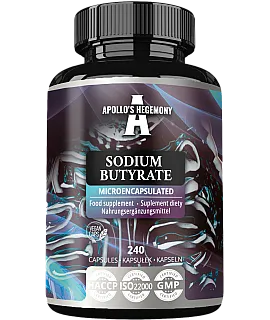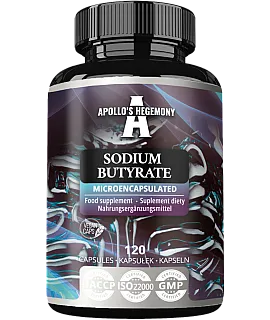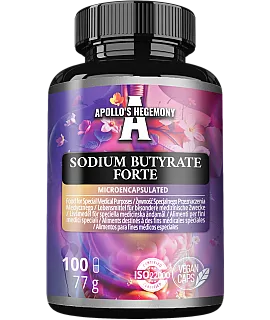Sodium butyrate in the diet - what are the sources and what dosages to use?
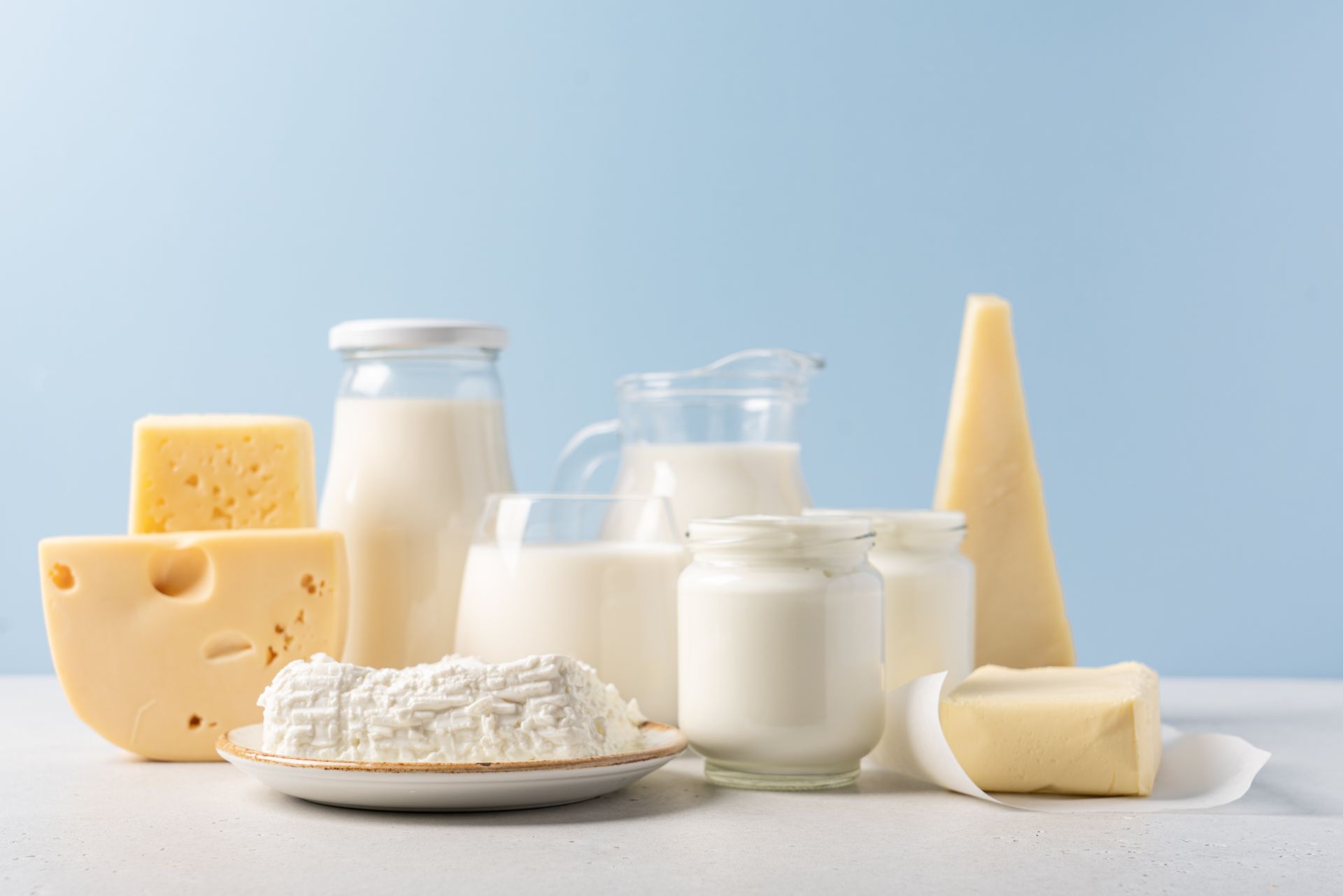
A healthy diet is the key to a happy gut. After all, they take care of everything we consume. However, there is one such factor in our diet that is particularly important for the gut, and too often we forget about it. It is the supply of fiber. And why is this fiber so important? Among other things, because of butyrate, which is produced from it by bacteria. He is often supplemented as sodium butyrate in capsules, but a lot can also be done with diet alone. In this article, we'll discuss what to eat to provide your intestines with the right amount of butyric acid and ensure your intestines are optimally nourished.
- What to eat to provide butyrate?
- Sodium butyrate supplements are a great dietary supplement in IBS and SIBO
- How to supplement sodium butyrate for gut health?
- Summary
What to eat to provide butyrate?
Sodium butyrate, or butyric acid, is rarely found in foods in finished form. More often , we find precursors, or substances that can be converted into butyric acid in the body, in foods.
Butyric acid is one of the short-chain fatty acids (SCFAs). Short-chain fatty acids are formed by bacterial fermentation of indigestible carbohydrates such as non-starchy polysaccharides, resistant starch, oligosaccharides (inulin and oligofructose), disaccharides (lactose, stachyose and raffinose) and sugar alcohols (sorbitol and mannitol).
Below we will give you some suggestions for foods and products that either provide butyric acid or stimulate its production.
Dairy
"Butyrate" and "butyric acid" are rightly associated with milk fat. It is the butyric acid that gives butter its characteristic odor. By including fatty dairy products in your menu, you can provide certain amounts of butyric acid. This can include butter, cream, hard cheeses, yogurts, or simply fatty milk.
Legumes
Legumes are considered a very valuable food group in the diet, including for the gut. The carbohydrates (galacto-oligosaccharides and resistant starch) in them are a great food for bacteria in the large intestine, which will readily convert them into butyric acid.
If your diet so far has been rather poor in legumes, it is best to introduce them gradually. Not everyone can tolerate large amounts of them, especially when they are given by surprise. It is worth gradually increasing their amount in the menu, get your intestines used to them and observe the reaction.
Oatmeal
Oatmeal is a veritable fiber bomb! There are a lot of healthy and prebiotic beta-glucans in oats. The fiber from oatmeal is well used for butyric acid. For the gut, cold oatmeal, prepared the day before and left in the refrigerator until morning, works best.
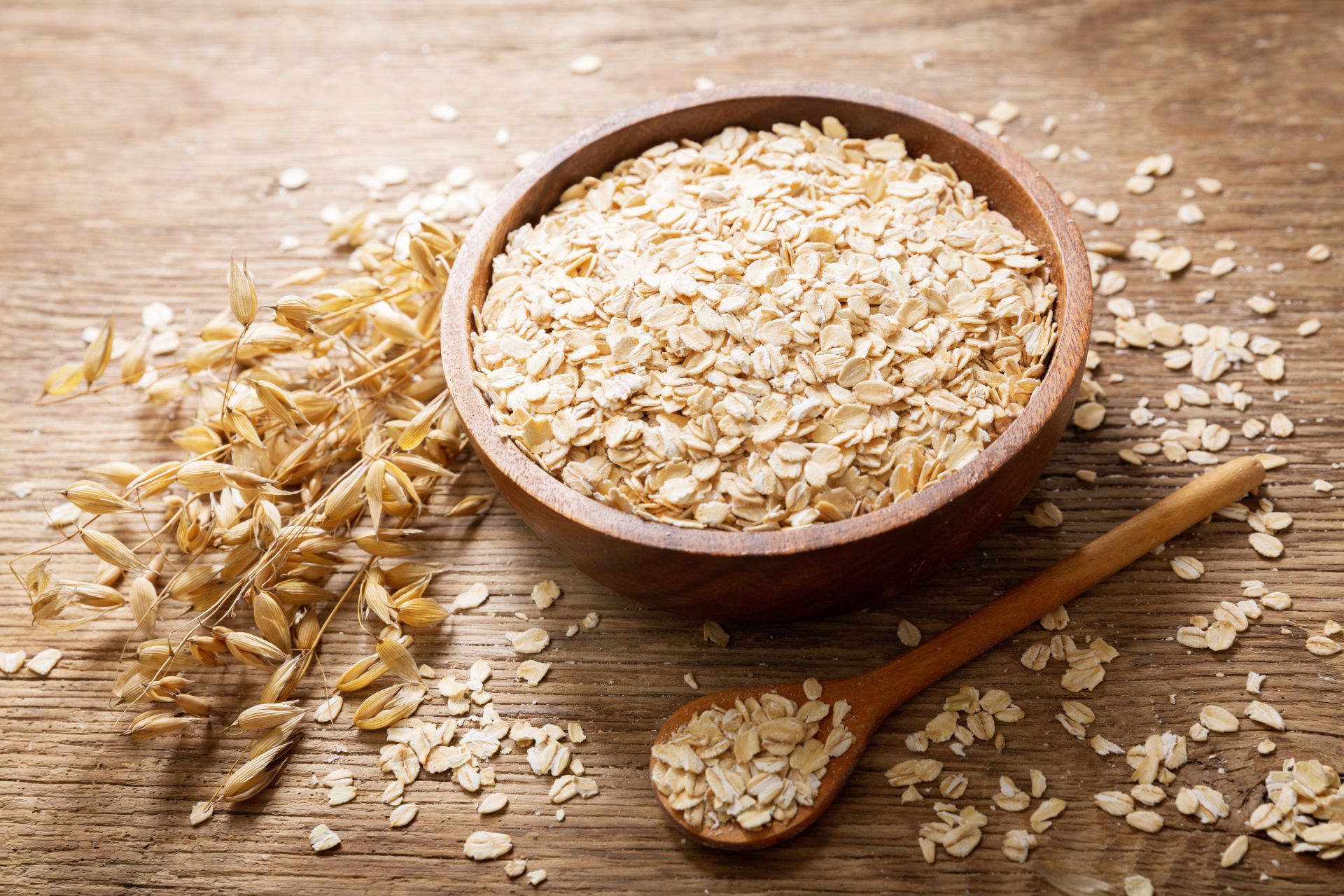
Unripe bananas
If you want to provide more value for your intestines, choose the less ripe, greenish pieces. They taste less sweet, and in this case this is a good sign. In the course of ripening, the carbohydrates in the banana break down. So, less ripe bananas have a lot of resistant starch, and heavily ripe ones with darkening skin have a lot of simple carbohydrates. For gut health and butyric acid production, greenish and not very sweet bananas are a great choice.
Cooled rice and potatoes
Cooling starchy foods before eating them is a very clever lifehack. Some believe it is one of the secrets to longevity in Asian communities, where a lot of cold rice is eaten (such as as sushi).
Rice and potatoes, when eaten as they usually are in our culture, that is, freshly cooked, may not be an outstanding source of butyrate. This condition changes when we eat them only after they have cooled down. When rice or potatoes are first cooked and then cooled before consumption, we make the starch they contain become resistant starch. Its structure changes, so that it ceases to be digestible for us and becomes a breeding ground for intestinal bacteria.
This is a well-known trick both to reduce the calorie content of a dish, since we don't use this resistant starch for energy as we do regular starch, and to increase its prebiotic value.
Sodium butyrate supplements are a great dietary supplement in IBS and SIBO
For IBS and especially SIBO, patients are advised to eat a diet with a restriction of easily fermentable foods. Most often this is a low FODMAP diet. Such a dietary regimen is indeed very helpful in inhibiting the symptoms of these ailments, but there is also a problem. By following such a diet, we do not provide an adequate amount of butyrogenic foods, which are precursors to the production of butyric acid by microorganisms in the gut. Thus, we gain a reduction in symptoms, but also possible deterioration of some functions that depend on the regulatory action of butyric acid.
Combining a low FODMAP diet with sodium butyrate supplementation seems to be a complementary solution. Both have shown effectiveness in reducing symptoms, and together they may work even better.
How to supplement sodium butyrate for gut health?
If you are unable, unable or for some reason don't want to adjust your diet to include a lot of butyrogenic products, then use sodium butyrate supplementation without hesitation. Few supplements are so well tolerated and safe.
The standard dose for adults is about 150 mg of sodium butyrate taken twice a day. For optimal results, it is advisable to use supplementation for about 3 months or longer.
For best effectiveness, choose sodium butyrate that is microencapsulated. Micro-encapsulation around sodium butyrate molecules ensures that it is not digested too quickly. Without this technology, virtually all sodium butyrate would already be consumed in the small intestine. We, on the other hand, want as much of this butyrate as possible to reach the large intestine, because that's where we need it most.
Summary
We can supply butyric acid with our diet from, for example, dairy products, but the vast majority is produced locally in the intestines through the supply of appropriate prebiotic carbohydrates. In order for your gut to properly use butyric acid, consume plenty of fiber, especially resistant starch. If necessary, you can reach for a dietary supplement with microencapsulated sodium butyrate, which safely supports intestinal health and good function.
Sources:
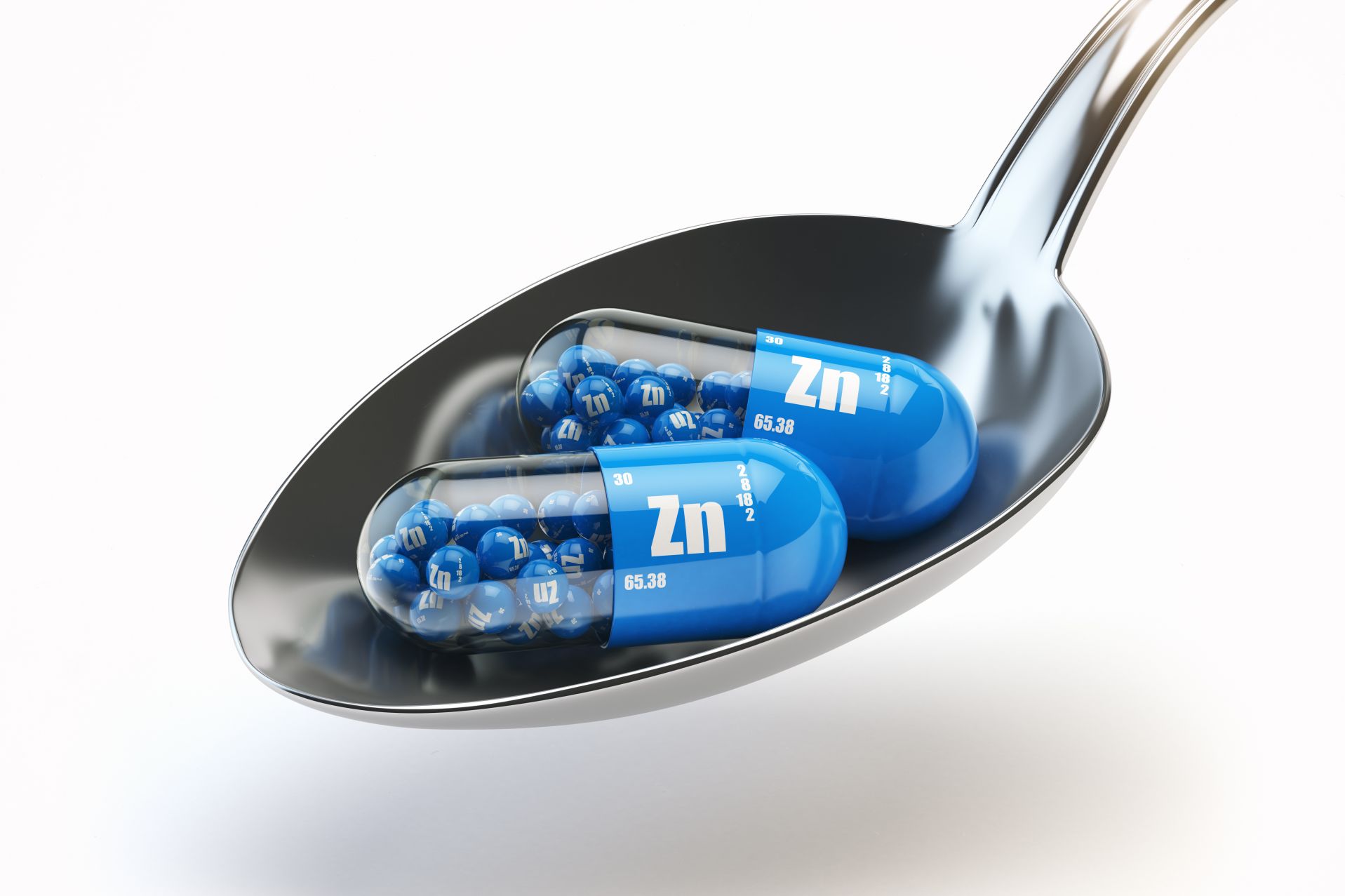 ⮜ Previous article
⮜ Previous article
Zinc L-Carnosine - a unique form of zinc for the gut and stomach
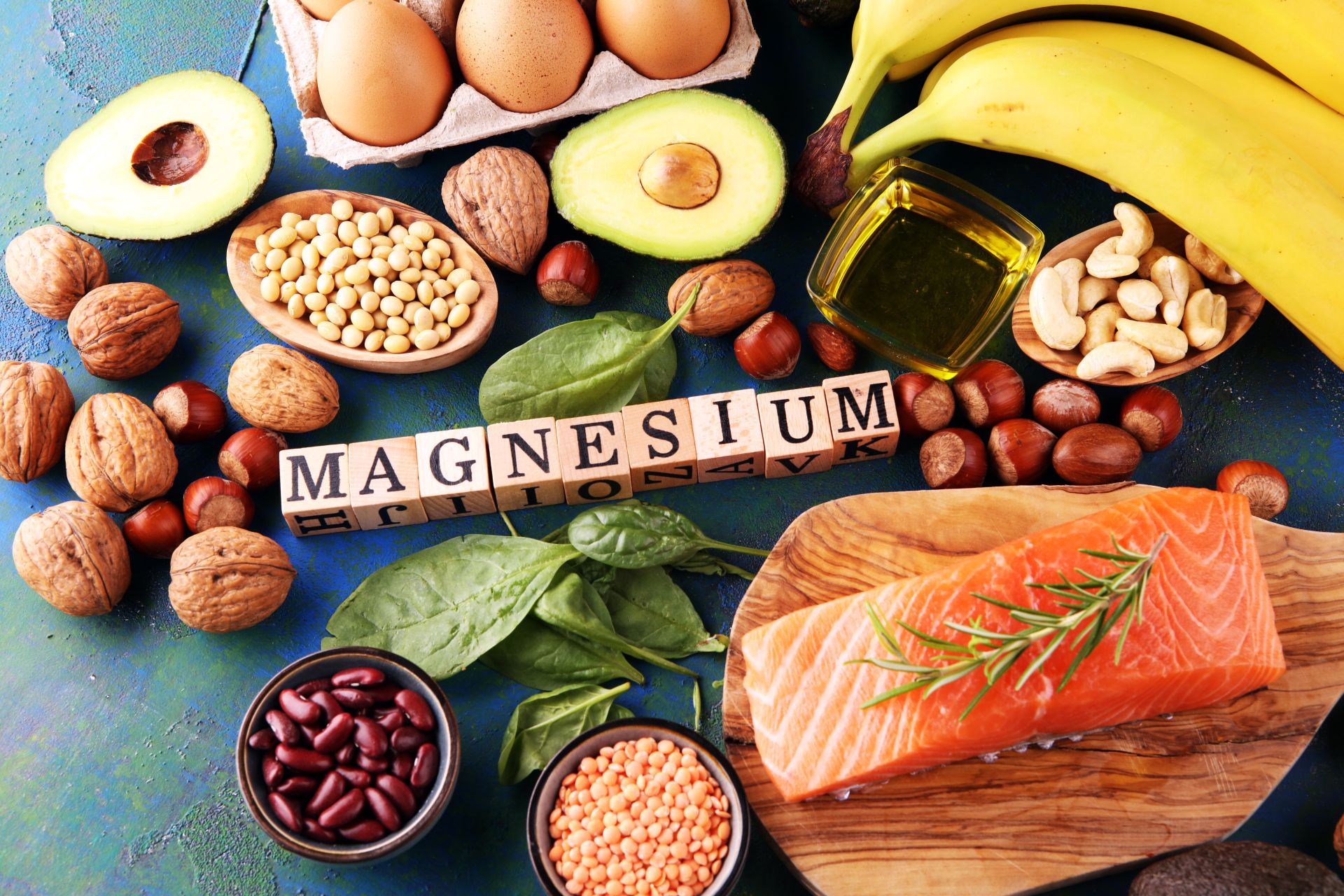 Next article ⮞
Next article ⮞
